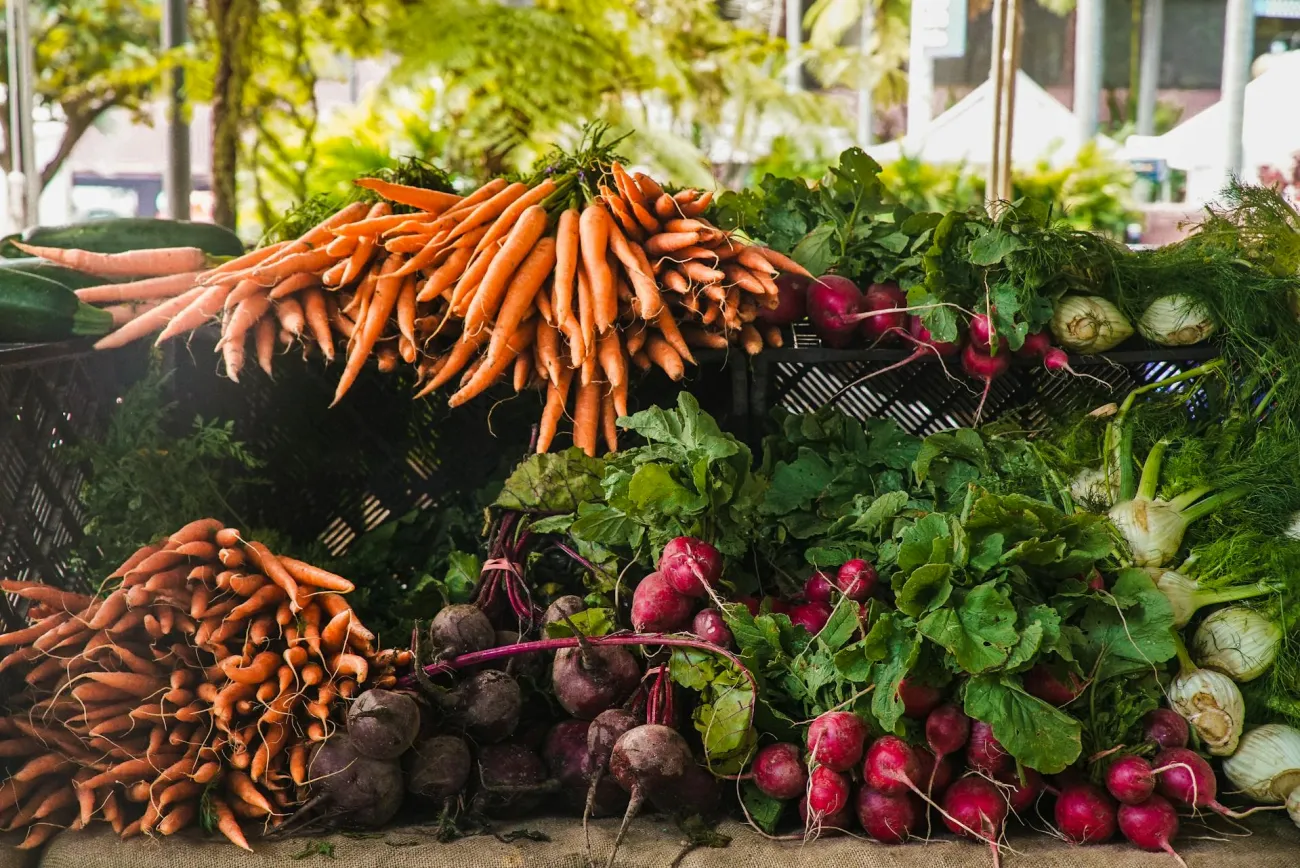Researchers at the Swedish Environmental Research Institute have investigated how different food choices and changing eating habits affect the environment.

The results are presented in a report which also highlights the environmental effects of current food consumption and shows the prospects for increasing or reducing the consumption of certain foods in Sweden.
In the study, the researchers looked at the effects that a number of changes in the diet would have on the environment, such as increased consumption of organic food, food grown in Sweden, reduced intake of meat and a diet based on the recommendations provided by the National Food Agency. Environmental impacts were analysed in respect of the following: greenhouse gas emissions, human toxicity, ecotoxicity, acidification, eutrophication, land use and biodiversity.
The report states that it does not outline the “best” choices, but provides a broader environmental sustainability assessment of food consumption. It concludes that:
“Increasing Swedish food production may lead to lower impacts for all impact categories by reducing imports, although limitations in growing season and availability of foods in Sweden allows only for minor increases. The results also indicate that large reductions in nearly all environmental impact categories are possible by reducing meat consumption, both incrementally and through vegetarian diets. Nonetheless, an increase in vegetable and fruit products may lead to a potential increase in human and ecosystem toxicity. Similar results are found for diets based on nutritional guidelines,
as these guidelines call for an increase in vegetables and fruits and a reduction in meat consumption. An increase in organic foods showed only minor climate impact reductions, although toxicity potential was reduced significantly. Organic foods may also lead to a reduction in biodiversity damage potential, although they may also increase acidification, eutrophication and land use if all food was produced organically”.
The report also discusses important improvements to life cycle assessment (LCA) methods and data availability which can promote more transparency in future work on consumption studies in Sweden.
Citation
Martin, M., Oliveira, F., Dahlgren, L., Thornéus, J. (2016), Environmental implications of Swedish food consumption and dietary choices, Swedish Environmental Research Institute
Read the full report (in English) here.
You can find related resources in our research library categories on sustainable healthy diets and GHG impacts and mitigation.




Comments (0)